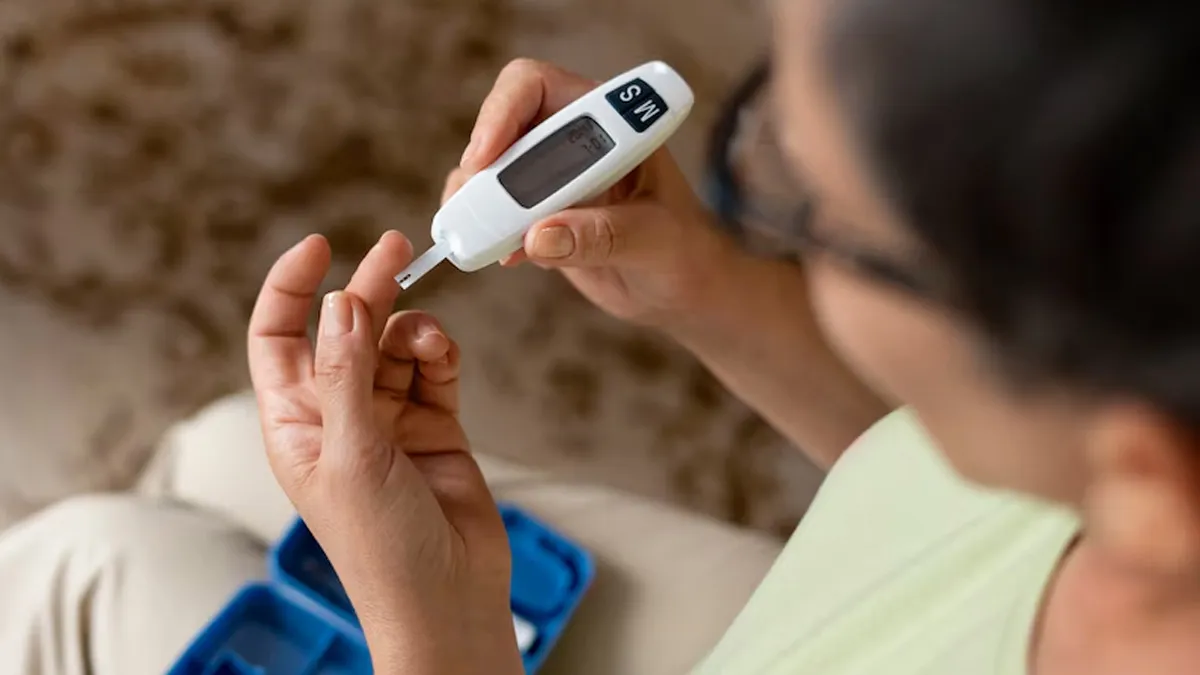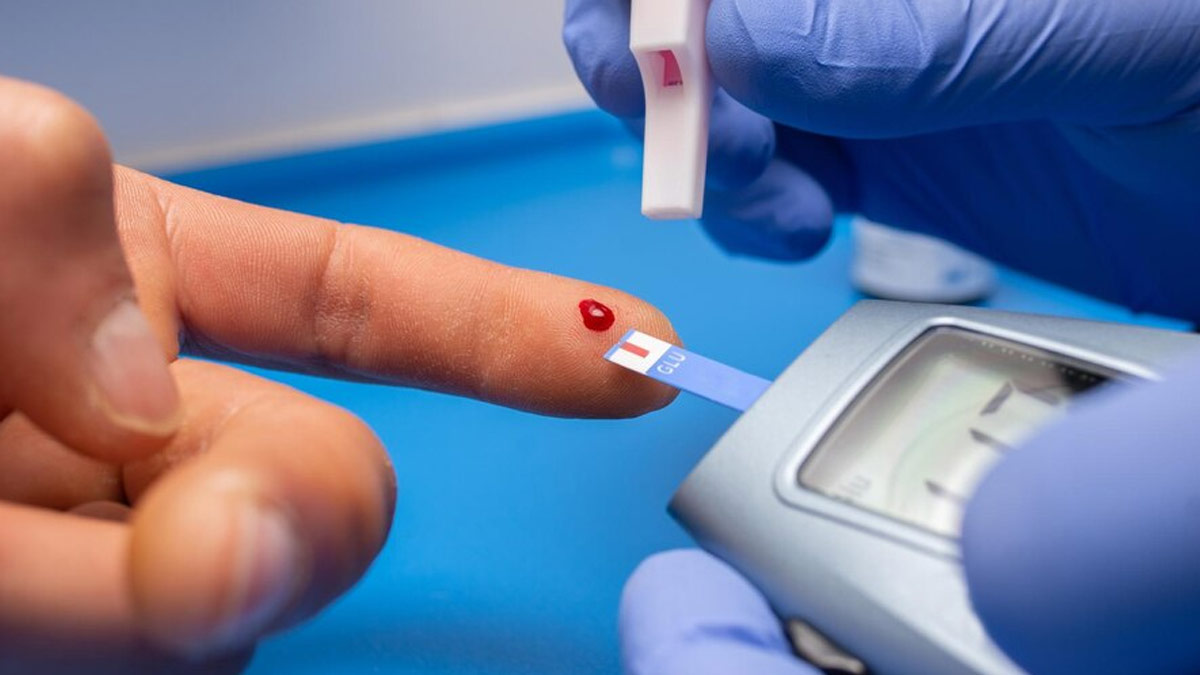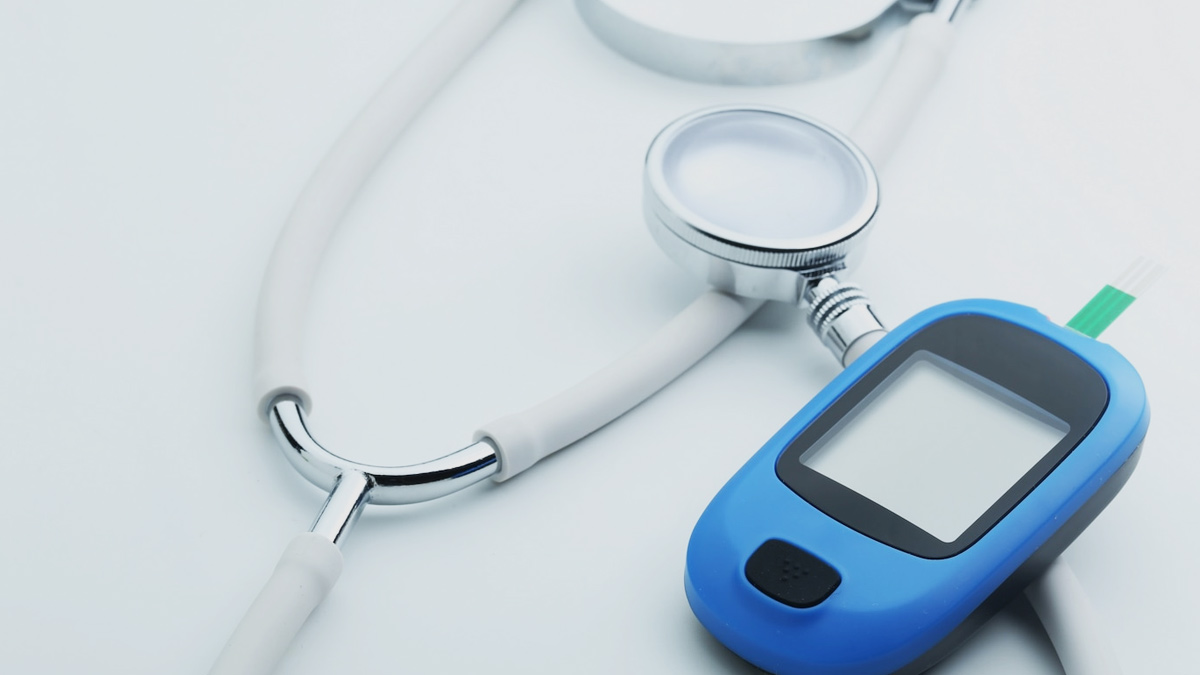
High blood sugar, or hyperglycemia, is frequently linked to diabetes, yet it can happen to anyone, particularly those with poor diets, sedentary lives, excessive stress, or endocrine imbalances. Occasional spikes are unlikely to be cause for concern, but repeatedly high blood sugar levels may result in serious health complications like type 2 diabetes, cardiovascular disease, and nerve damage. Experts explain that the sad part is that most people overlook early warning signs because they resemble typical complaints.
Table of Content:-
Hence, we got in touch with our expert, Dr Shrey Kumar Srivastav, Senior Consultant and General Physician, Sharda Hospital - Noida, to figure out what are these signs, how one can stay informed and act on them timely. Here is what he shared with us.
Everyday Symptoms That Could Be Signs of High Blood Sugar
The following are some basic but underrated symptoms that can indicate high blood sugar:
1. Persistent Fatigue
Are you frequently tired even after a good night's rest? High blood sugar keeps glucose from entering your cells efficiently, and you end up feeling drained even with adequate fuel in your system.
2. Excessive Thirst and Frequent Urination
Too much sugar in the blood pushes the kidneys to work harder to remove it, resulting in dehydration. This causes you to feel perpetually thirsty, and you might find yourself urinating more often, particularly at night.

Also Read: Mosquito Bite Or Melanoma: Key Differences You Shouldn’t Ignore
3. Blurred Vision
Unstable blood sugar can make the lenses in the eyes swell, temporarily blurring vision. If your vision is hazy on and off, it's well worth having your blood sugar tested.
4. Slowing of Healing of Cuts and Wounds
Impaired circulation and immune system effects by high blood sugar can delay healing. Recurring infections or wounds taking longer than usual to heal are a warning sign.
5. Frequent Headaches
Blood sugar variations, either sudden increases or decreases, can cause headaches and mental fogginess. Frequent headaches without obvious reason may be caused by blood sugar imbalance.
6. Numbness or Tingling in Feet and Hands
Long-term high blood sugar will destroy nerves (diabetic neuropathy). Even at an early stage, you can feel tingling, numbness, or burning in extremities.
7. Unexplained Weight Gain
Rapid weight loss even with a normal or enhanced appetite may mean the body can't utilize glucose well and is resorting to breaking down fats and muscles for fuel. Conversely, weight gain and excess abdominal fat also point to insulin resistance.

8. Excessive Skin Problems
Dry, itchy skin or recurring fungal and bacterial infections are common in people with high blood sugar. This happens because excess glucose creates a breeding ground for microbes.
When to See a Doctor
While these symptoms might seem ordinary, if they persist, it’s important to get your blood sugar levels tested. Early detection and lifestyle changes, like eating a balanced diet, regular exercise, stress management, and proper hydrationcan make a huge difference.
Bottomline
You don't always see high blood sugar coming in dramatic form; it tends to speak softly through common symptoms. Listen to your body and get regular check-ups, and you might be able to spot the problem before things get severe.
Also watch this video
Read Next
Millet Health Benefits For Diabetes: A Natural Solution For Blood Sugar Control And Overall Health
How we keep this article up to date:
We work with experts and keep a close eye on the latest in health and wellness. Whenever there is a new research or helpful information, we update our articles with accurate and useful advice.
Current Version
Sep 10, 2025 13:40 IST
Published By : Tanya Srivastava